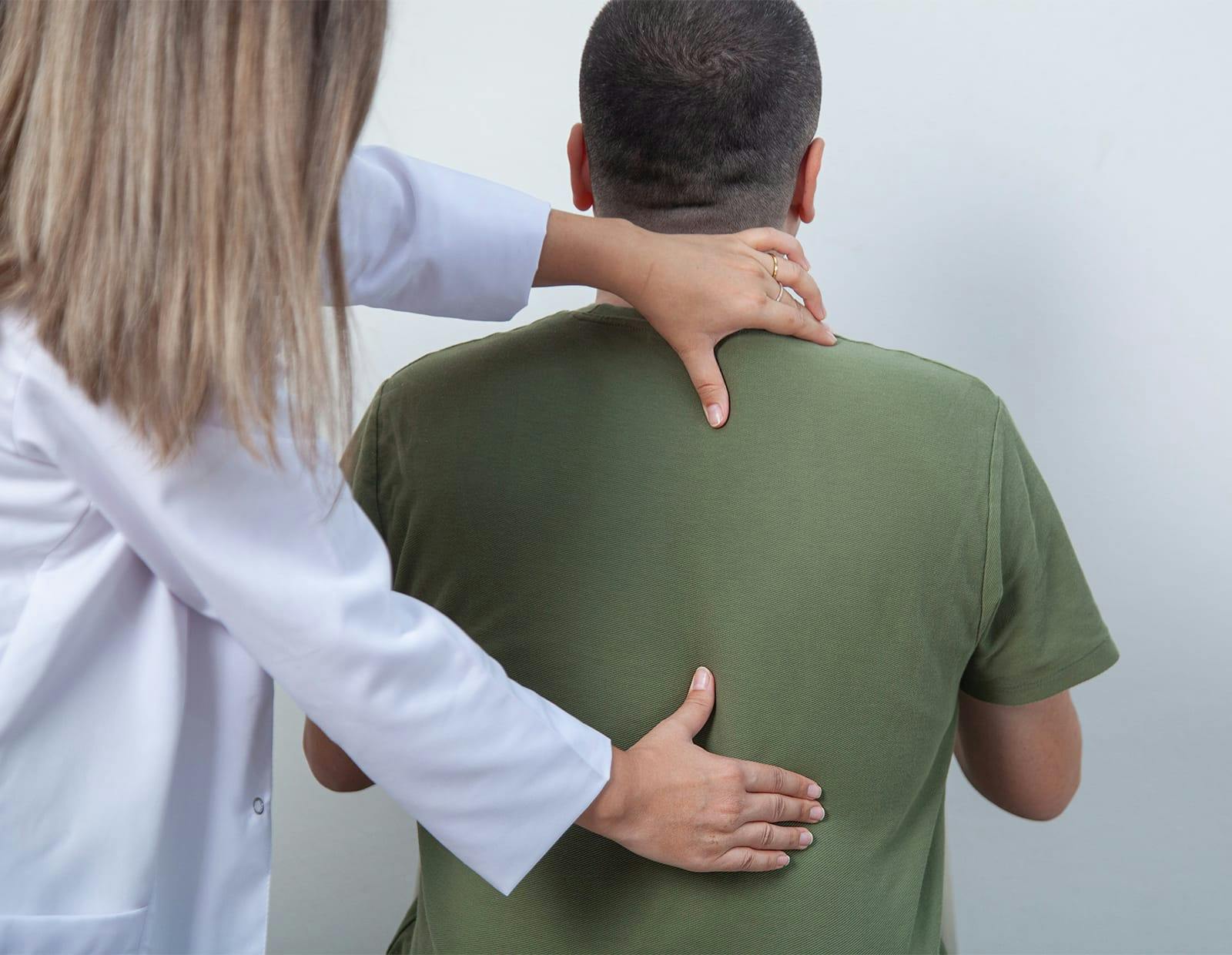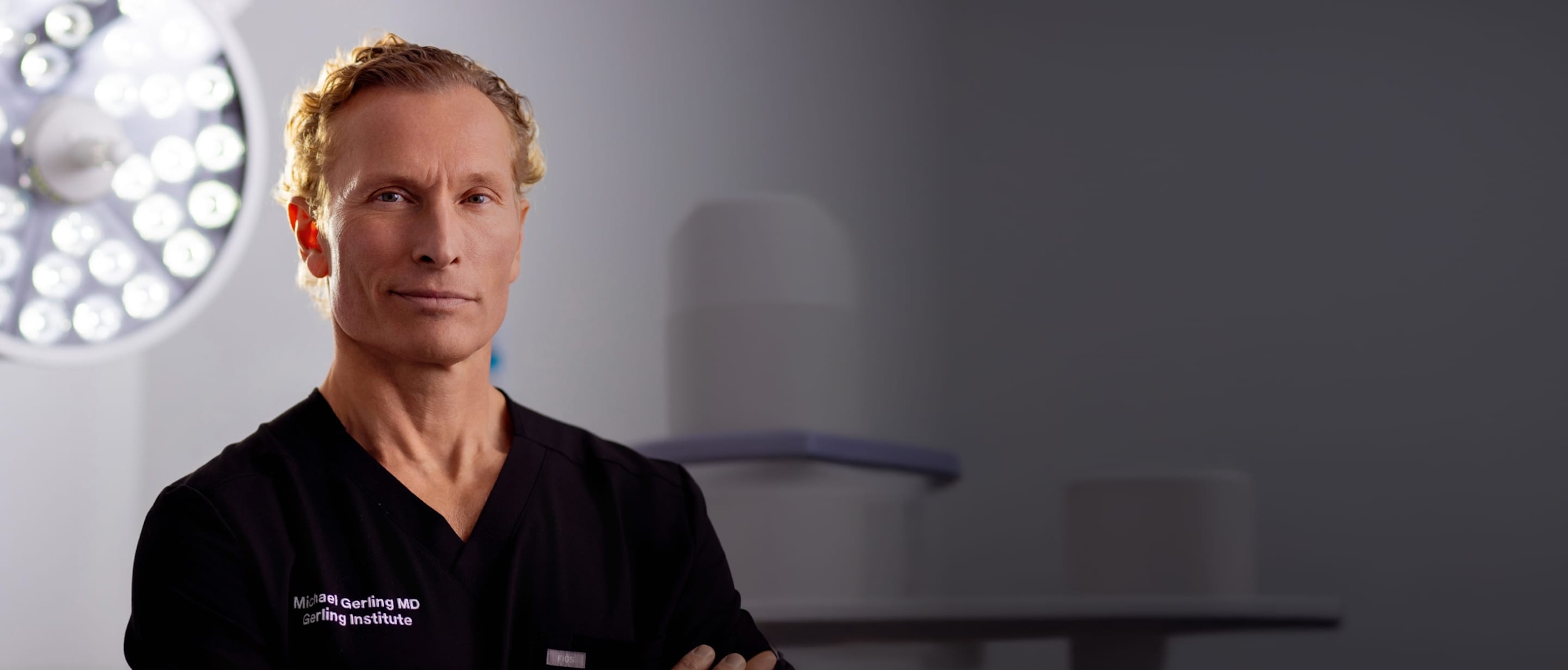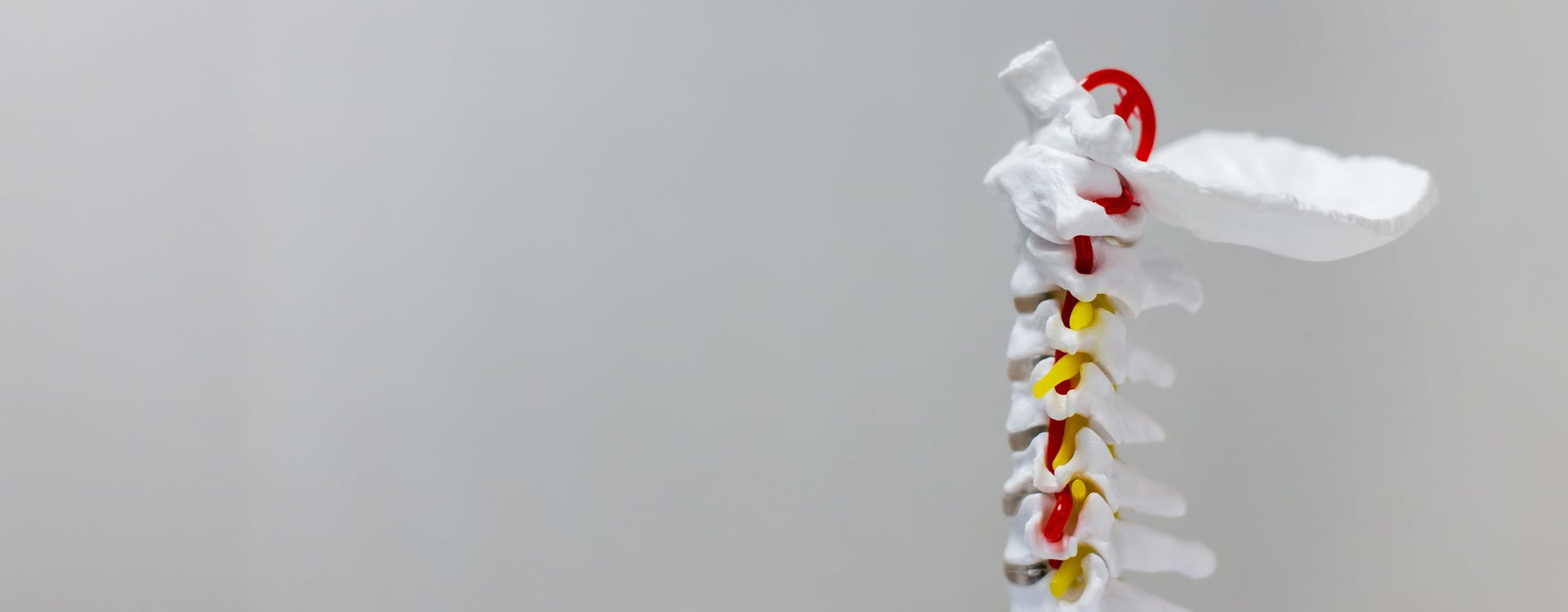At Gerling Spine Care NJ, we specialize in diagnosing and treating radiculopathy, a condition caused by the compression or irritation of nerve roots in the spine, resulting in pain, numbness, and weakness. Our expert team provides personalized treatment options to help New Jersey patients manage their symptoms and improve their quality of life.
Symptoms of Radiculopathy
The symptoms of radiculopathy vary depending on which part of the spine is affected:
- Cervical Radiculopathy (Neck): Pain, numbness, or tingling in the neck, shoulders, arms, or hands. Weakness in the arms or hands may also occur.
- Lumbar Radiculopathy (Lower Back): Pain, numbness, or tingling in the lower back, buttocks, legs, or feet. When symptoms affect the sciatic nerve, it is commonly referred to as sciatica.
Common symptoms of radiculopathy include:
- Sharp, shooting pain radiating from the spine to other parts of the body
- Numbness or tingling in the arms or legs
- Weakness in muscles controlled by the affected nerve
- Difficulty performing everyday activities like walking or holding objects








